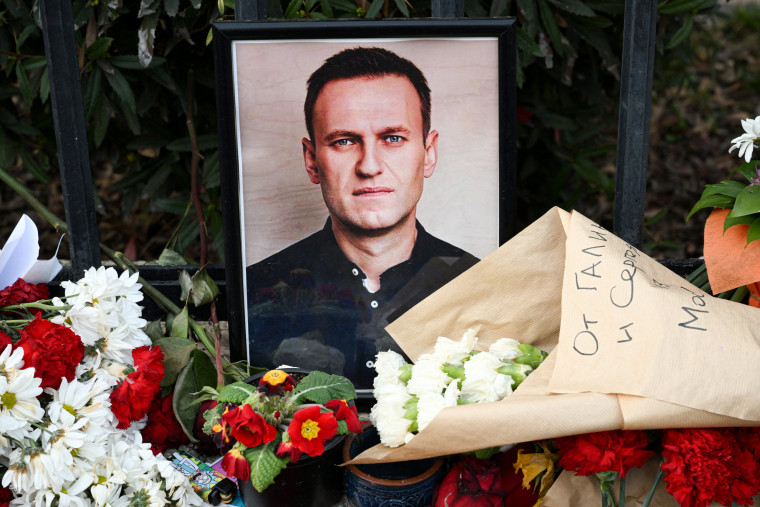U.S. intelligence agencies have concluded that Russian President Vladimir Putin probably didn’t directly order the killing of Alexei Navalny at a remote penal colony in February, according to three sources familiar with the matter. But the precise circumstances of the opposition leader’s death at the Arctic prison remain unclear.
The assessment does not absolve Putin of ultimate responsibility for Navalny’s fate, only that the Russian president likely did not call for his killing at that time, the sources said. By sending Navalny to the notorious high-security penal colony in a remote town above the Arctic Circle, the Kremlin had effectively imposed a death sentence on the opposition leader, the sources said.
The findings reflected a broad consensus across different intelligence agencies, the sources said.
The Wall Street Journal was first to report the intelligence community’s assessment.
Following Navalny’s death, President Joe Biden said that while Washington lacked information on the exact circumstances, “there is no doubt that the death of Navalny was a consequence of something Putin and his thugs did.”
Russia’s Federal Penitentiary Service said in a statement at the time that Navalny had died after feeling unwell following a walk.
The CIA and the Office of the Director of National Intelligence declined to comment.
Navalny was 47 when he died and was serving a combined 30 ½-year prison sentence. As Russia’s most high-profile and popular dissident, Navalny’s death dealt a severe blow to the country’s opposition movement, which has been brutally suppressed by the Kremlin.
During a business trip in Russia in 2020, Navalny was poisoned with a military nerve agent, Novichok. Navalny and Western officials blamed the attempt on Navalny’s life on Putin.
The poison used on Navalny was similar to the one the Russian military intelligence service employed against a retired Russian military intelligence officer, Sergei Skripal, in a 2018 assassination attempt in the United Kingdom, according to Western governments.
Russia has denied the government was involved in Navalny’s poisoning in 2020 or his death in prison in February.
Before Navalny’s death, there had been tentative discussions about a possible prisoner exchange with Russia involving Navalny and Americans detained in Russia, NBC News previously reported.
Navalny’s allies allege that Putin had the dissident killed to thwart the proposed prisoner swap that would have freed him.
Russia has denied the accusation.
